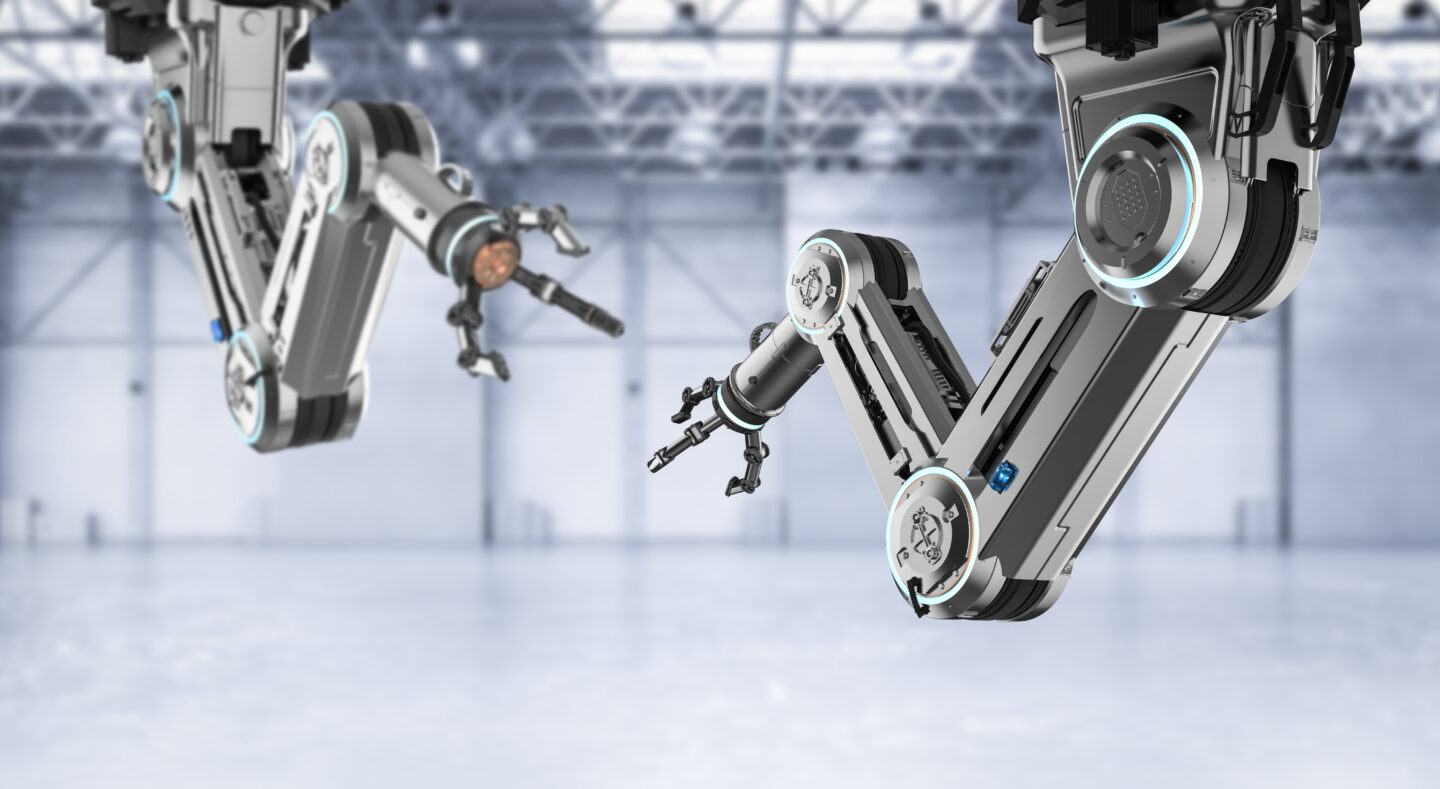Projections of the impact of automation on middle managers run the gamut from bleak to hopeful. Recently published research revealed that what will matter are the nature of current tasks and the flexibility of managers themselves, says Tomoko Yokoi.
Intense debates over how a given new technology, or automation more generally, will affect the nature of employment have their own long history, going back to at least the advent of the typewriter and the assembly line. Whatever the particulars of the innovations in question, the range of views has tended to be remarkably similar, going from the apocalyptic, including the diminution of employment’s value – think Fritz Lang’s Metropolis – to the idyllic, with drudgery eliminated – think kitchen appliance advertisements in the century since that film was released. Academic work usually has more evidence-based arguments than popular output, but still displays a similar spectrum.
This is certainly the case for research papers that consider the recent and likely evolution of middle management jobs amid ongoing automation driven by information technology. Here, those at one extreme see automation as a danger which will eliminate much of the current work done at this level of employment, leading to the elimination or downgrading of mid-level positions. In contrast, other researchers argue that automation will provide middle managers with an opportunity to reshape job roles in ways that involve more high-value activity. [1]
Whichever side is more correct, the implications go far beyond the futures of the employees in question. Middle management is an essential conduit of information within the company between those responsible for making key decisions and the employees whose job is to carry them out. It is also a key training ground for future senior executives. A threat to this layer of employment is ultimately one to the company itself.
Insight from an important case study
A recent article in the Journal of Management Studies, however, suggests that rather than these ends of the spectrum presenting an either-or choice, the outcome is more likely to be a both-and one. [2] What will matter in the transformation, it suggests, are the kind of tasks which are automated and the experience which managers have built up through time in post.
The research focused on senior financial controllers in medium and large companies. Financial controllers are a quintessential middle management role, gathering and passing financial information from the wider company to senior executives and overseeing the execution of policies across the company. In this capacity, controllers can also play an important role in shaping the strategic environment in which a company is operating as well as the strategic choices which it makes.
The study considered, in particular, the automation of two activities – reporting and budgeting. Reporting is a so-called “formal-rational” job, or one almost entirely based on repeated tasks which follow clear rules. For reporting, controllers and their teams gather the same information and present it in the same way. Such activities are amenable to high levels of, and possibly complete, automation.







